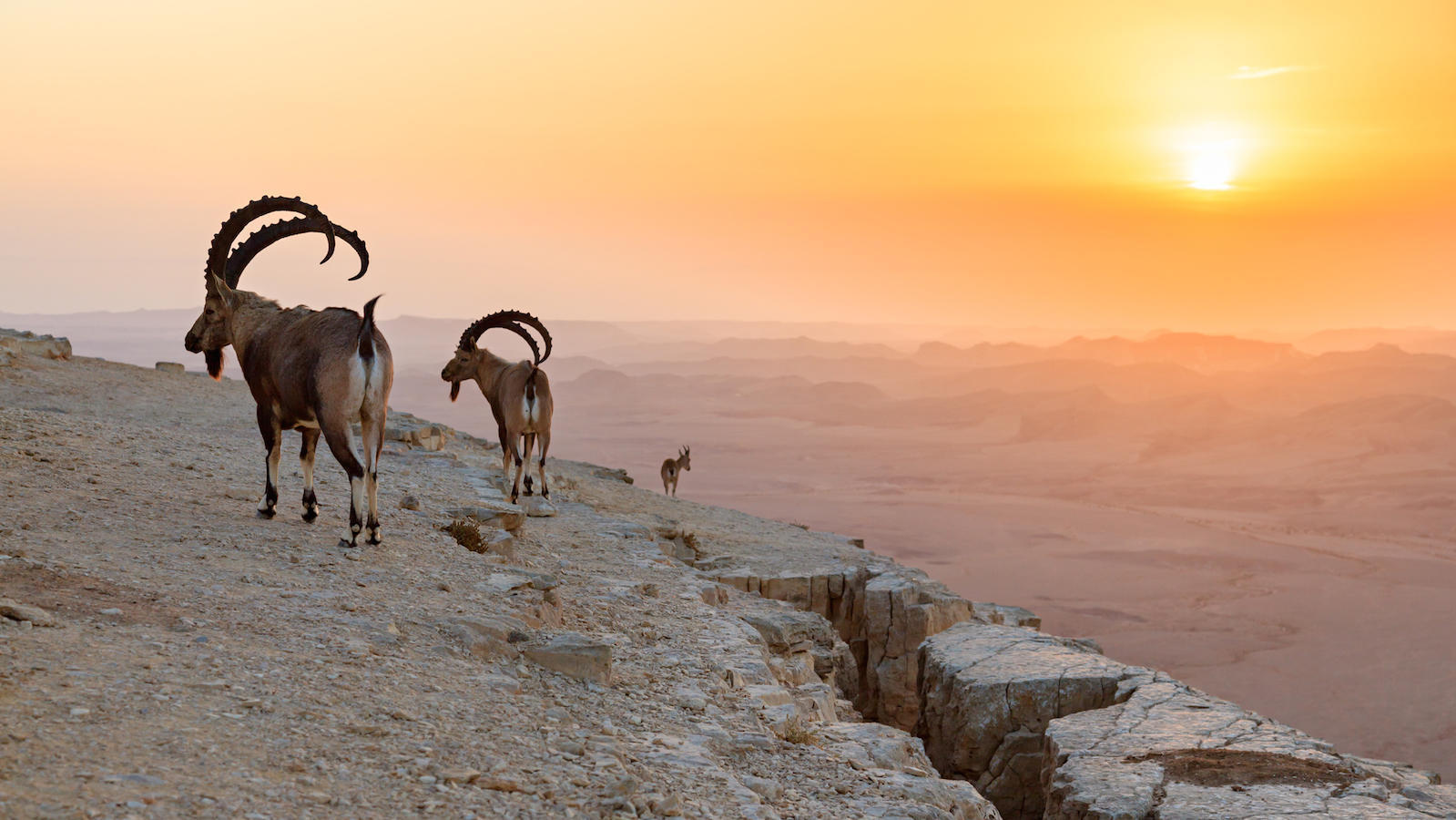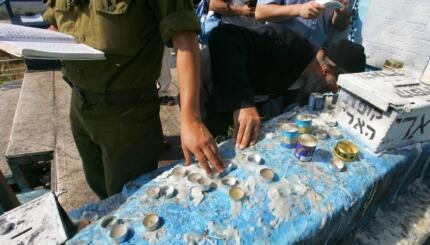Commentary on Parashat Bamidbar, Numbers 1:1-4:20
For the past several weeks, the Torah has been setting out the rules and regulations that we can use as guideposts to help us down our spiritual path. Just before we can get too comfortable and feel we know exactly where we are headed, we find ourselves in the wilderness (literally, bamidbar) once again.
But life is like that too. As soon as we find a rhythm for ourselves and start to take the routine for granted, something challenges that routine–and often that challenge can be life-altering. The shift from our normal routine can be jarring, and we may feel helplessly adrift at first without having the comforting normal rhythms of our lives to fall back on.
Often, though, we realize that the changes may be beneficial for what I call the long haul of life. The challenges we face force us to evaluate ourselves and adapt, adjust, and move forward in our journey. Though we may initially feel lost in the wilderness, the benefits that come from our self-analysis only aid us in our life ahead.
Those who have confronted major adversities in their lives — especially health issues that may be life-threatening –understand. We are forced to change our lives and our lifestyles. Parents of infants understand this issue best of all. Just as soon as they figure out and get used to their new baby’s routine, the baby changes it. And they are forced to get used to it once again.
With your help, My Jewish Learning can provide endless opportunities for learning, connection and discovery.
For the Rabbis, the desert, the wilderness is actually a desirable place to be — very different than what the English words perhaps imply. In our parlance, the words conjure images of desolation and helplessness. In the Rabbis’ view, however, the desert is a place where we can see more clearly, unencumbered by other distractions. The desert reflects freedom and uncluttered vision, allowing us to take stock of our lives and ourselves in an environment devoid of outside pressures.
This idea of self-accounting is reflected in God’s directive to Moses in this Torah portion, which is to “take a census of the people” (Numbers 1:2a). As part of the census, Moses divided the group into tribes and assigned each its own set of responsibilities. A simple headcount was not God’s purpose in directing this exercise, nor was it intended as a way to evaluate troop strength in anticipation of preparing to enter the Promised Land.
Taking this census was about assessing our inner strength, helping us to explore what we as the Jewish people can accomplish when we unite our capabilities as individuals.
In building the Big Tent Jewish community we are trying to create, we must consider how those who have cast their lot with us can increase our strength rather than deplete it. The final tally of Moses’ census may have provided a definitive population number, but the process itself was intended to help us realize that as a people our strength as a group is greater than the sum of our parts.
Provided by Big Tent Judaism.
Torah
Pronunced: TORE-uh, Origin: Hebrew, the Five Books of Moses.



